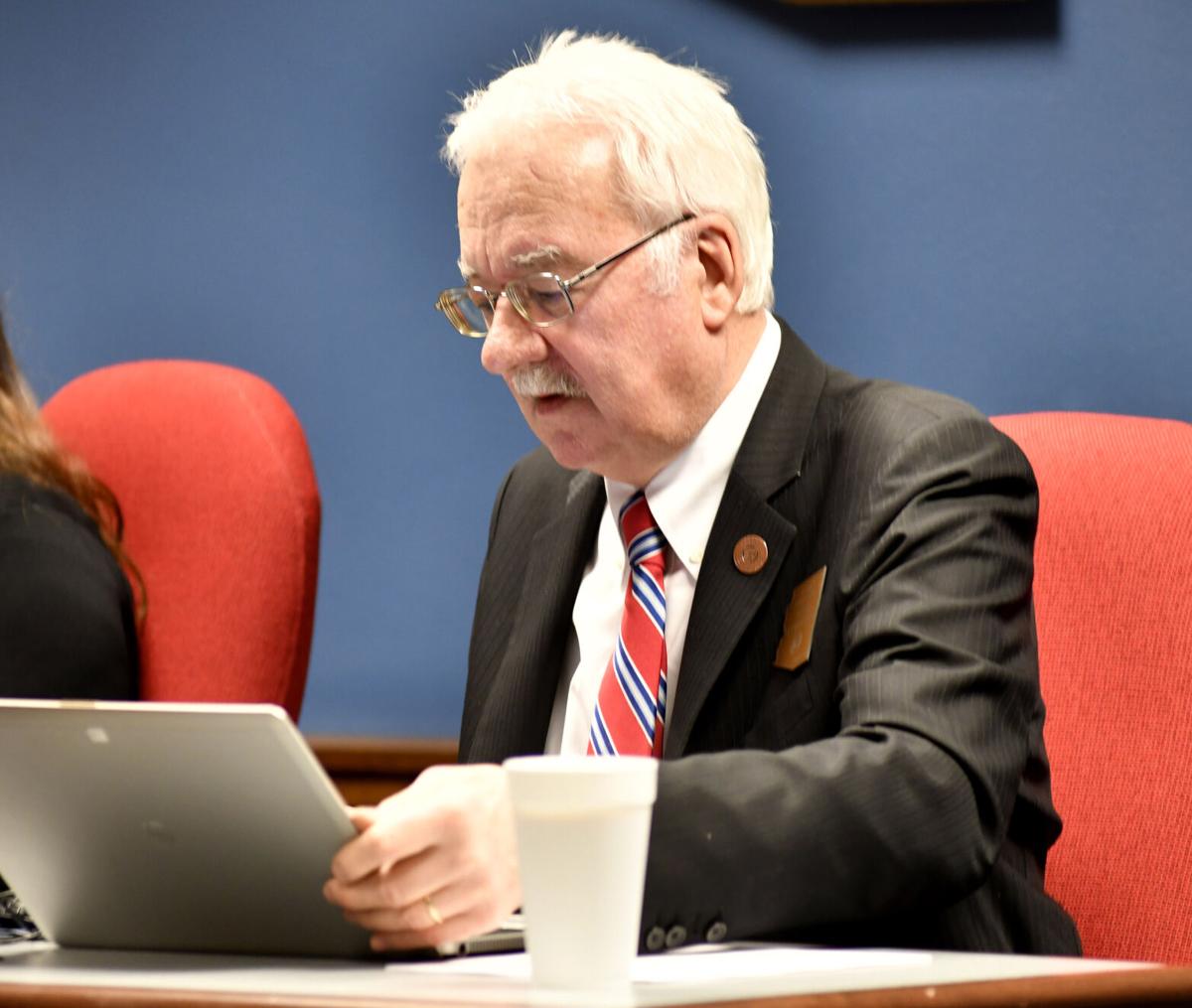PHOENIX — The Republican-led state Senate voted Monday to force teachers to “out’’ students, to their parents, who want to be identified by a different gender.
Sen. John Kavanagh, R-Fountain Hills, said parents have a right to know so they can get their children mental health treatment for their “gender dysphoria.’’ He said many with that condition can suffer from depression and be suicidal.
“This is about the parents’ right to know,’’ he said.
But Senate Bill 1166 was opposed unanimously by Democrats, who argued that such a requirement could place students in danger.
Sen. Christine Marsh, D-Tucson, said in an ideal world, kids should be able to trust adults. But Marsh, who has been a foster parent, said the experiences of children who have been placed in her home prove otherwise.
“If every parent on the planet was awesome then we would not have foster children,’’ she said.
SB 1166 faces an uncertain future at best: Democratic Gov. Katie Hobbs vetoed similar but more far-reaching legislation last year that would have barred teachers from using pronouns not associated with a student’s sex unless first getting parental permission.
Kavanagh said he hopes the new version meets a different fate.
But Kavanagh also could be courting a veto with his separate SB 1182, also approved Monday by the Senate, which seeks to spell out who can use which shower room in public schools.
But here, too, Kavanagh said he is trying to avoid the veto Hobbs issued last year of a more far-reaching plan which included not just showers but also bathrooms.
Still, Kavanagh had a backup plan to deal with anticipated vetoes: Put both provisions into a single plan that would bypass the governor and go directly to voters in November. But that faltered when Sen. Ken Bennett, a Prescott Republican, broke party ranks.
Bennett said he supports both proposals — as legislation. But Bennett said the problem with putting things on the ballot is that, once approved, they effectively become off-limits to lawmakers making fixes to deal with “unintended consequences.’’
That is because of a 1998 constitutional amendment proposed and adopted by voters which prohibits lawmakers from repealing or amending anything approved at the ballot. The only exception is if the measure “furthers the purpose’’ of the original bill — and only with a three-fourths majority of both the House and Senate.
That still leaves the two legislative measures going next to the GOP-led House.
Both are part of what has become an ongoing fight over “culture war’’ issues at the Capitol. Those also included restrictions on gender-affirming care and conversion therapy.
Neither of the two measures approved by the Senate on Monday get into the question of whether there are individuals who identify as a gender different than their sex assigned at birth. Instead the focus was on what Kavanagh said are the rights of others.
It starts with the language about a student’s preference.
SB 1166 does not preclude a teacher from honoring a student’s preference to be addressed by a pronoun that differs from their biological sex. That is defined in the bill as “a person’s immutable biological sex as determined by anatomy, physiology, genetics and hormones existing at the time of the person’s birth.’’
But it says the school must notify the parent within five days. Ditto if the student asks to be called a first name other than what is on the student’s birth certificate, with the exception being a nickname.
The reason, said Kavanagh, is ensuring that parents know “if their child has a recognized disorder, gender dysphoria as defined in the American Psychiatric Association manual.’’
“The thought that a school would know a child had this condition and could be suffering depression or suicidal thoughts and hide that from the parents who could get care for that child to me is unconscionable,’’ he told colleagues.
Sen. Sally Ann Gonzales, D-Tucson, said that ignores the needs of the students. She called it “heart-wrenching.’’
“I even wonder how they attend school every day,’’ she said. Gonzales said she experienced some of that herself, though in her case it was racial discrimination.
“So I understand a little bit — but not completely,’’ she said.
The same party-line vote advanced SB 1182. It contains the same definition of sex as the other measure.
In this case, however, it deals with individuals who cannot or will not use a multi-occupant school shower room that is designated for that person’s sex.
Kavanagh said the measure does not force anyone to use a shower that does not identify with their gender identity.
“That would be wrong,’’ he said. “They would be uncomfortable.’’
Instead, it says that schools have to provide a “reasonable accommodation’’ for those students. That could either be in the form of access to a single occupancy shower room or use of an employee shower room.
“This bill also spares biological sex males and females of being in these rather intimate and private encounters, often naked, with people of the opposite biological sex, which a lot of people are uncomfortable with,’’ Kavanagh said. “This is a reasonable compromise.’’





